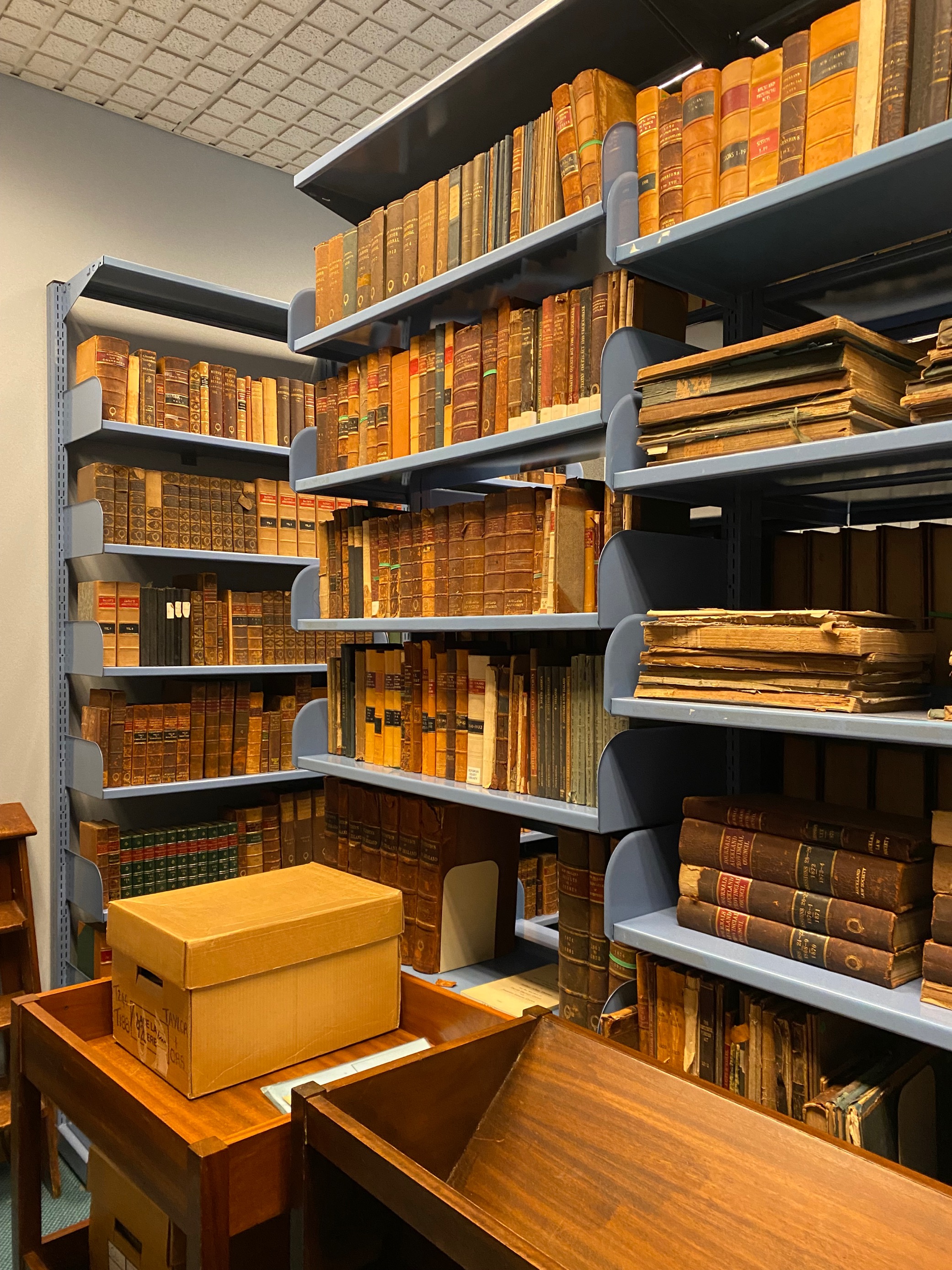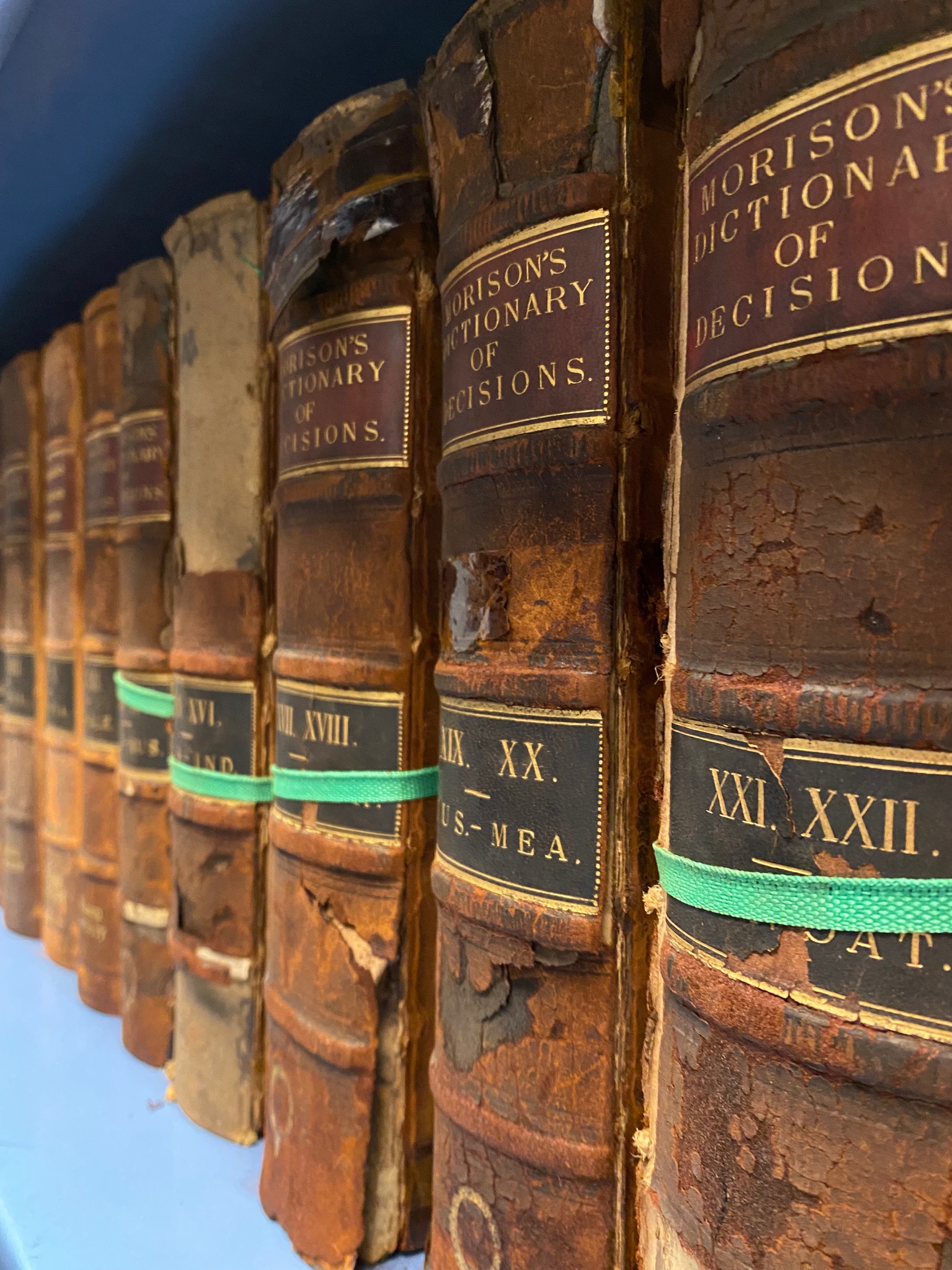
The New Zealand Law Society Te Kāhui Ture o Aotearoa is proud of the extensive Library services it offers its members, operating three Libraries across the motu as well as providing practitioners with access to a wealth of online resources and support. However, Library staff are finding that many lawyers are running into issues when it comes to citing cases, and could be using the Library services more effectively to avoid these pitfalls.
One of the most common culprits when it comes to improper referencing, say Library staff, is the incorrect use of medium neutral citations. While medium neutral citations are official citations, they were only adopted by the Supreme Court in 2005, and later in 2007 and 2012 by the Court of Appeal and New Zealand High Court respectively. However, the use of medium neutral court abbreviations for judgments that precede these dates is an error that Library staff say many practitioners are falling victim to. Lawyers have good reason for the confusion; a number of earlier decisions have been given what look like medium neutral citations by the New Zealand Legal Information Institute (NZLII), however these are not official citations and should not be used. Lawyers therefore need to have their wits about them when dealing with older judgments, and should not rely on anything that resembles a medium neutral citation if the judgment precedes the dates of introduction for each of the courts outlined above.
The Libraries have also noted an uptick in practitioners inadvertently submitting requests for judgments that may not be the official reported version of that particular case. Lawyers may, for example, request a specific judgment, only to discover later down the track that a more authoritative version exists which ought to have instead been used. The Libraries will seek to provide lawyers with the specific report asked for, so it pays to do a little extra digging to confirm which version of the case is required before putting in a request. And, if in doubt, the Library staff will be able to provide advice as to what versions are available and hold the greatest authority, preventing a wild goose chase before it begins.
Top Tips
While cutting corners may be tempting, precision is important when it comes to citing cases. The Law Society Library staff have identified some key tips to keep in mind when on the hunt for case law:

Know your hierarchies
Not all reported judgments hold the same weight, and lawyers need to be aware of the hierarchy of reported judgments when determining which version is most appropriate to cite or request. Authorised report series are the most authoritative reports, which contain judgments that have typically been reviewed by a Judge or their Associate and are therefore considered to be an accurate record. Lawyers should generally consult the version of the judgment from the most authoritative report series, unless there is a specific reason not to. In New Zealand, the New Zealand Law Reports (NZLR) contain the official reported versions of judgments. A breakdown of the authorised report series for different courts in foreign jurisdictions can be found here, and the Law Society Library staff are more than happy to provide guidance in this area.
Use the catalogue to identify the source of citations
It’s not uncommon to run into the issue of having a citation at hand, but not knowing which report series it has come from. This in particular might arise in respect of cases from unfamiliar jurisdictions or older nominate cases, where the citation type may not be immediately recognisable. In these situations the Law Society Library can save practitioners the detective work, with most abbreviations being available through the Library catalogue. The particular citation simply needs to be entered into the Library catalogue keyword field, which will then show the report series that the citation has come from.
Online versus hardcopy versions of reports
It is important to be aware that the online version of a report can differ from the official reported hardcopy version. Some courts, such as the Court of Appeal and Supreme Court, are likely to have a greater preference that hardcopy reports be used, and thus online versions cannot always be relied upon. The Library staff have extensive knowledge as to whether hardcopies of reports are available and can assist practitioners, either in the Library or over the phone, to locate the judgments they are looking for.
The Libraries also offer services including:
- Checking whether an unreported decision has been reported, and locating the official reported version
- Checking whether a judgment has been reported in multiple places, so that practitioners can ensure they are using the most appropriate version
- Providing clean ‘court copies’ of documents where online PDF versions may not be suitable
More information about the New Zealand Law Society Libraries, including the Library catalogue and research request information, can be found here.
